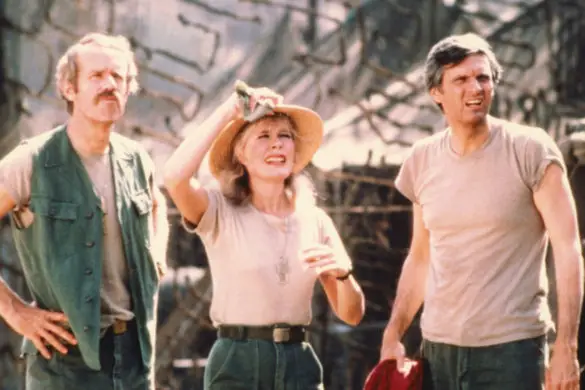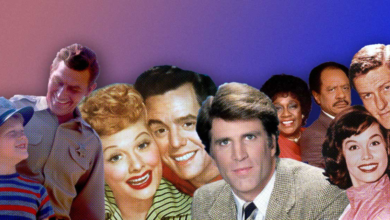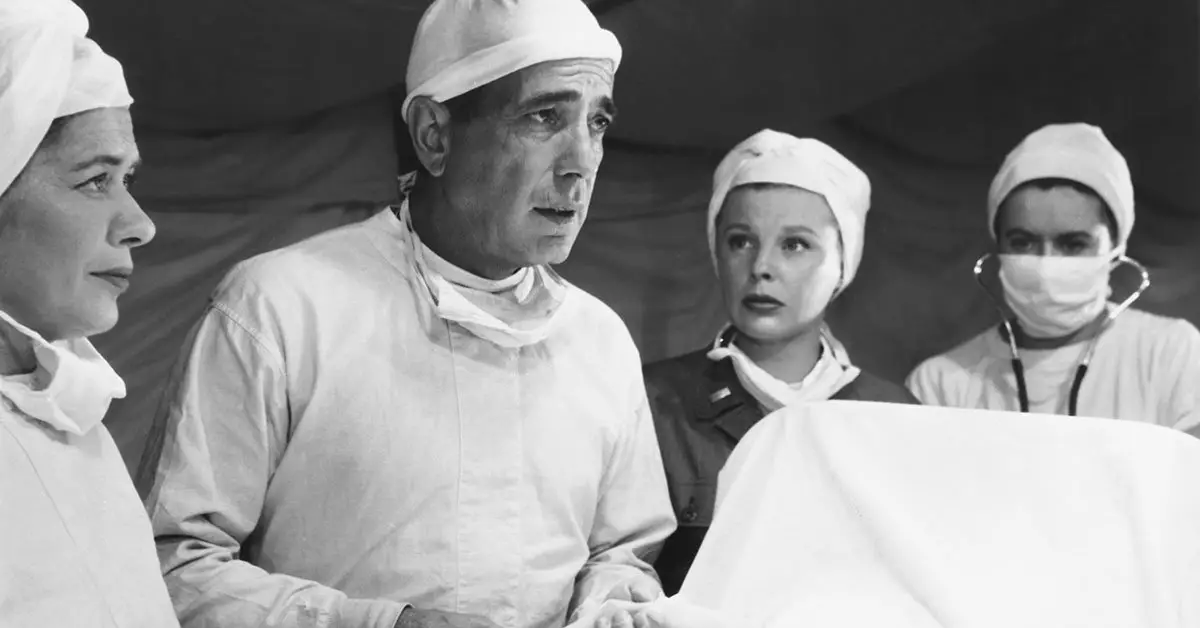‘M*A*S*H’: Co-Creator Gene Reynolds Explains Why the Show Resonated With its Audience in 2014

MAS*H co-creator Gene Reynolds said the show had two things that helped them sell it – set and setting.
“Some terrific characters in a unique situation,” he said in a 2014 interview. “The format is fantastic. A little hospital where the goal is to save lives in the middle of a war where the goal is to destroy life. The format is powerful, overwhelming, touching, funny, whatever. It gave us a wonderful opportunity. So we had the opportunity. And it was done well in the feature film, and we did it well for 11 years in television.”
MAS*H was one of the most-watched in television history and the characters remain the benchmark for TV writers today. Its finale is still the highest-rated scripted television show in history.
Reynolds created the show with legendary comedy writer Larry Gelbart. The show was based on Robert Altman’s anti-war film of the same name. The film was based on a memoir about three MASH unit doctors in the Korean war.
Both the book and show were massive hits, so adapting the show required a surgeon’s hand to carve out a niche that could stand on its own.
“Larry not only had the wit and the jokes, but he also had a point of view,” Reynolds once said of Gelbart. “He not only had a ribald spirit, but he also had the sensibility to the premise – the wastefulness of war.”
MAS*H first went on air in 1972, as America was still entangled in Vietnam. While the settings were entirely different, the show used one to demonstrate the pointlessness of the other.
“I was very lucky,” Gelbart said. “It is not everybody that gets a vehicle like MAS*H, in which for four straight years you can be on a soapbox and hopefully not abuse that position.”
‘M*A*S*H’ Writers Didn’t Like Actors’ Improv
While MAS*H often had a loose feel to it, that was by design. Larry Gelbart hated when actors went off script, Wayne Rogers, who played Trapper John said.
“Somebody asked me once, ‘You know, it looked like you and Alan [Alda] made that stuff up,’” Rogers told Pop Goes The Culture TV. “What, are you out of your mind? Larry Gelbart wrote those lines and, by the way, he writes rhythm lines.”
It wasn’t because the writers’ believed their words sacrosanct, it was more a problem of structure. Jokes and plot points were set up early and paid off later. Any deviation could kill a joke or upset a premise.
“If you didn’t do it in the way he wrote the joke, you could destroy the rhythm,” he said. “And so, we memorized all that stuff. So that was serious work.”





